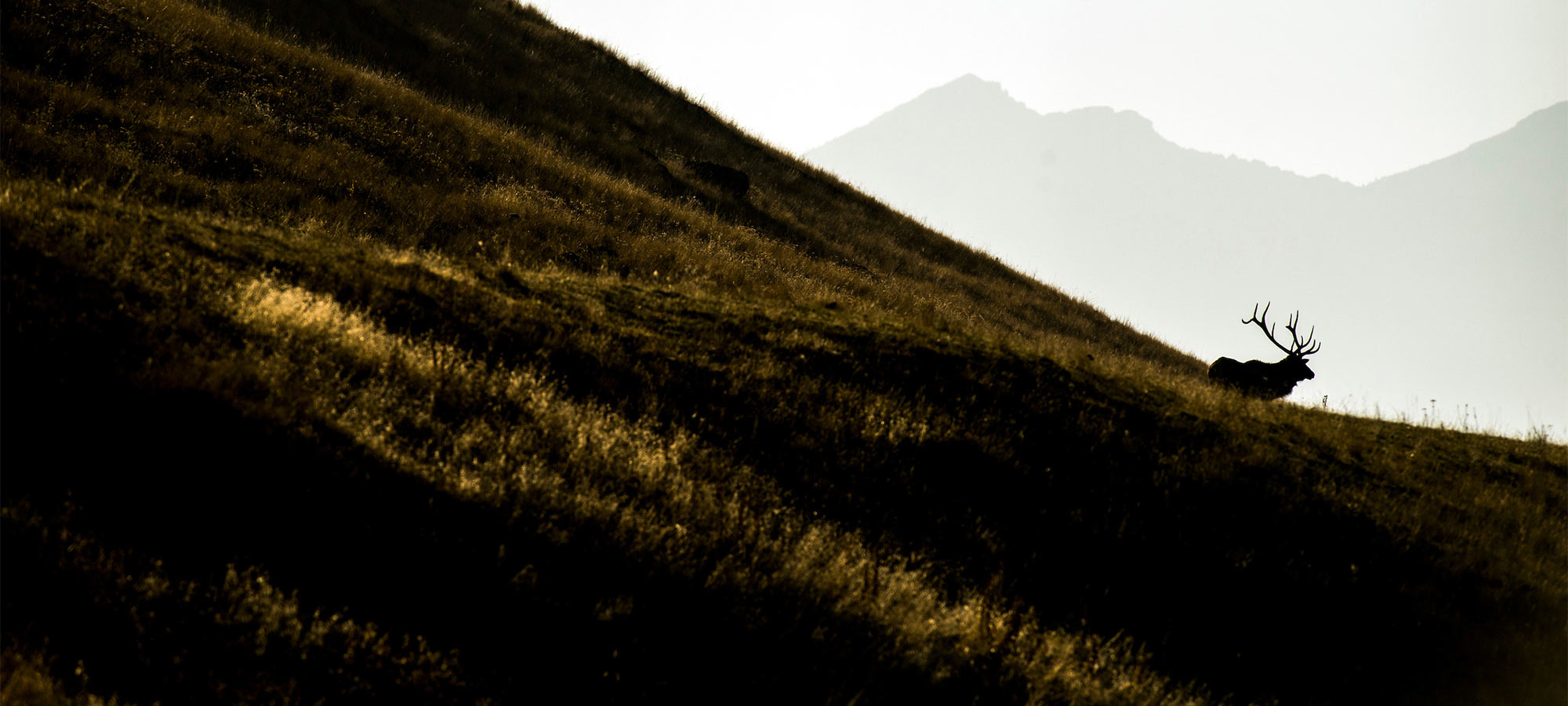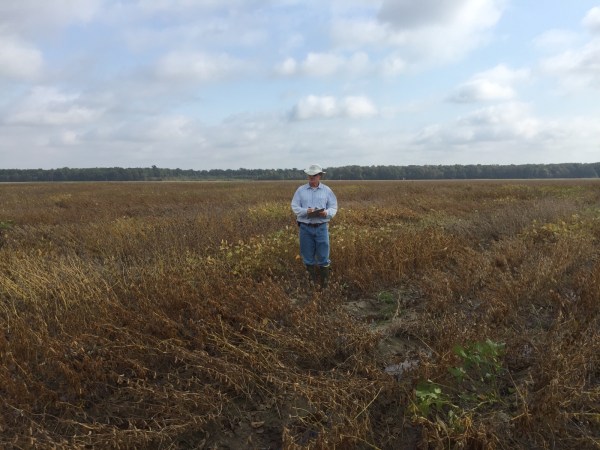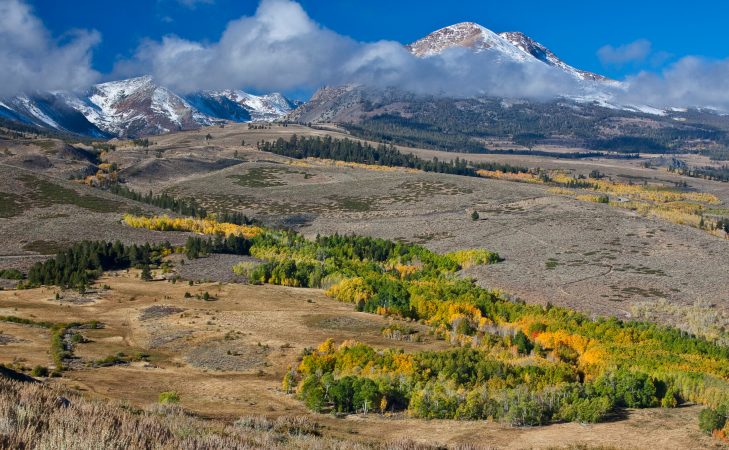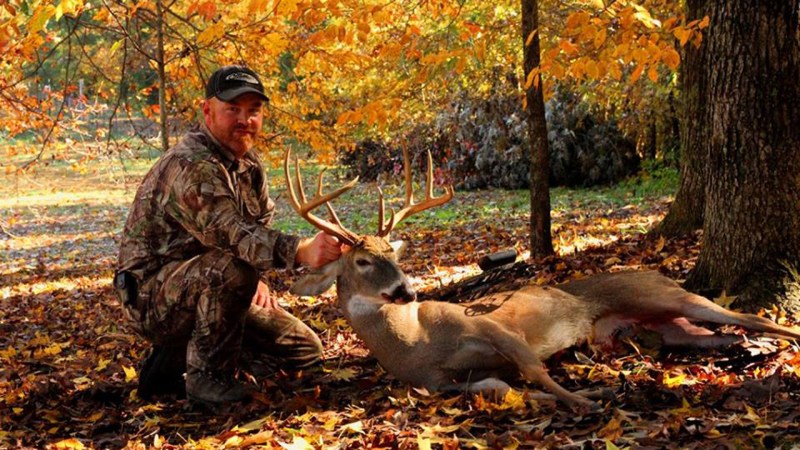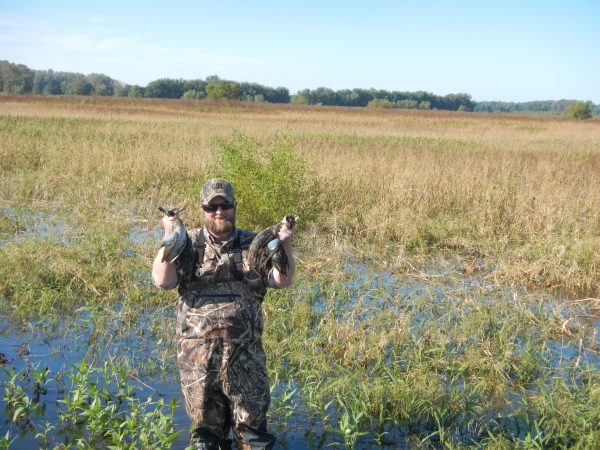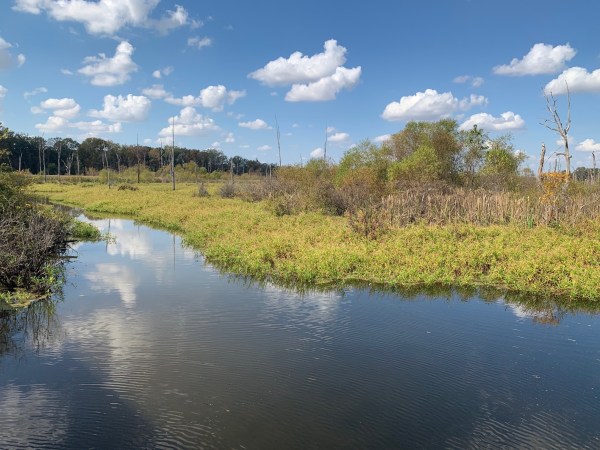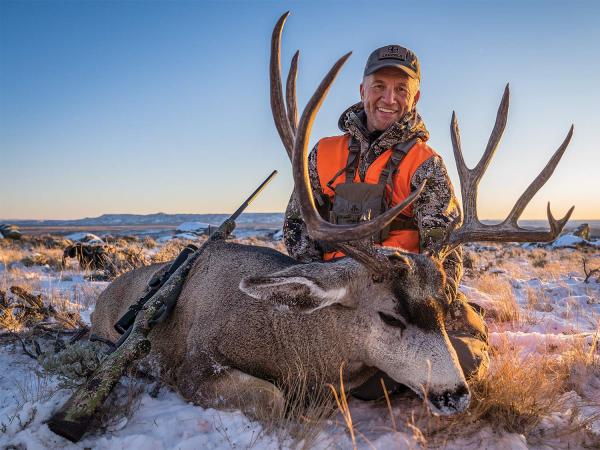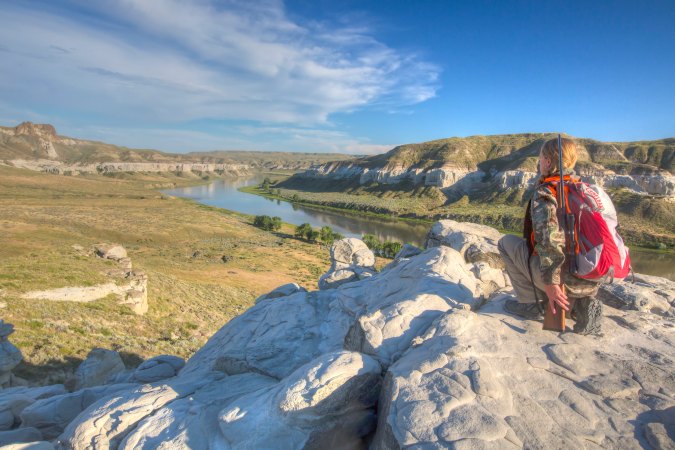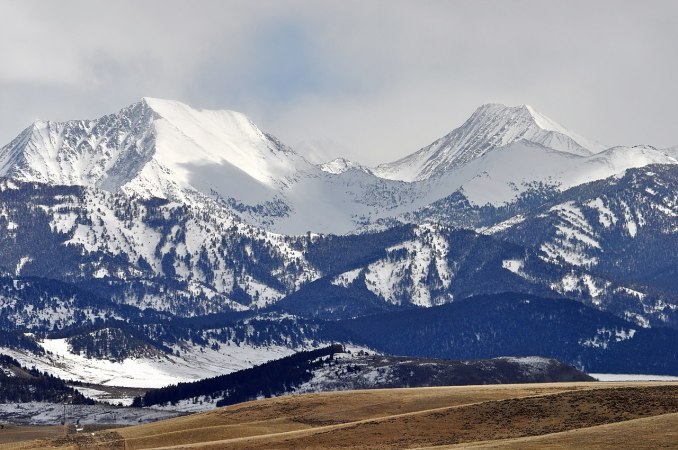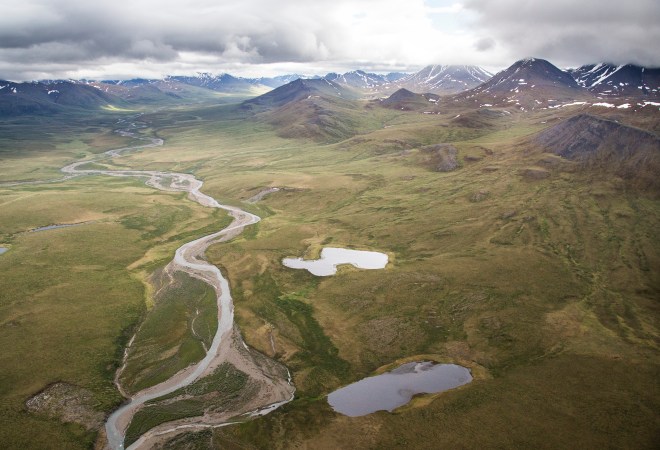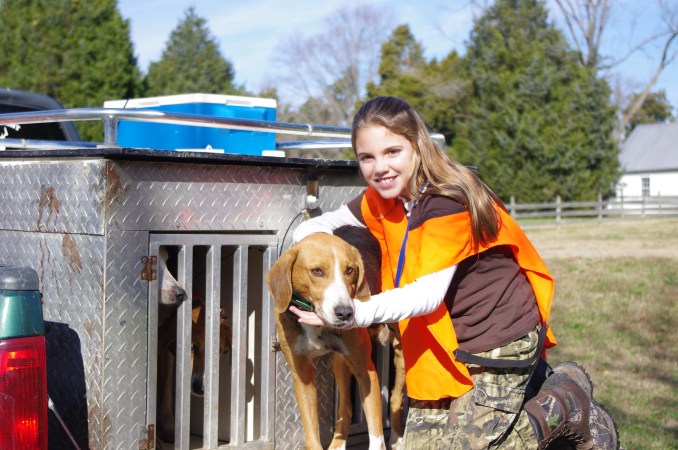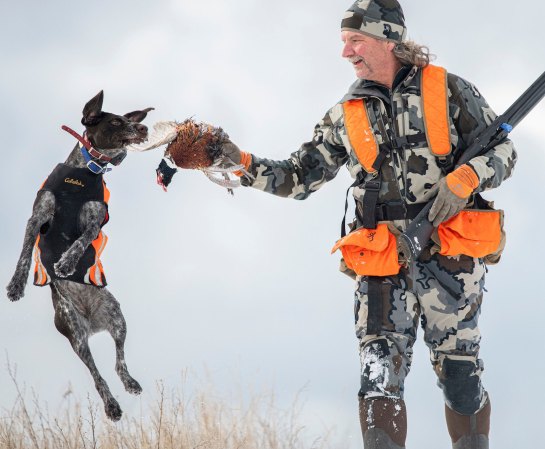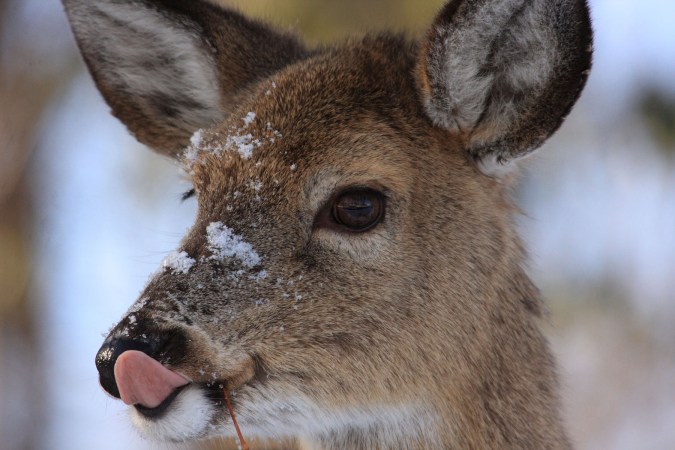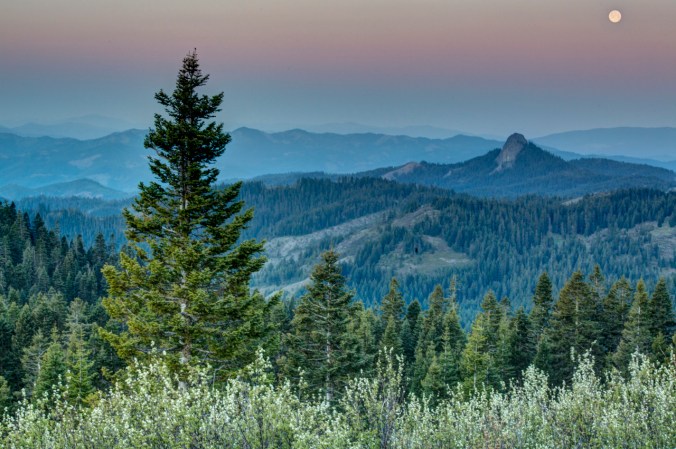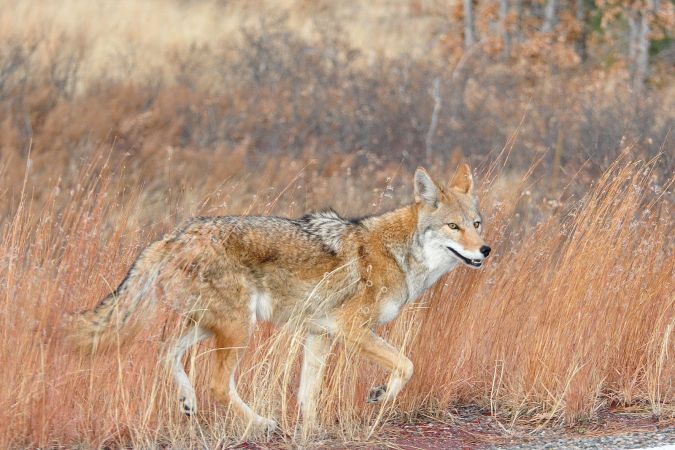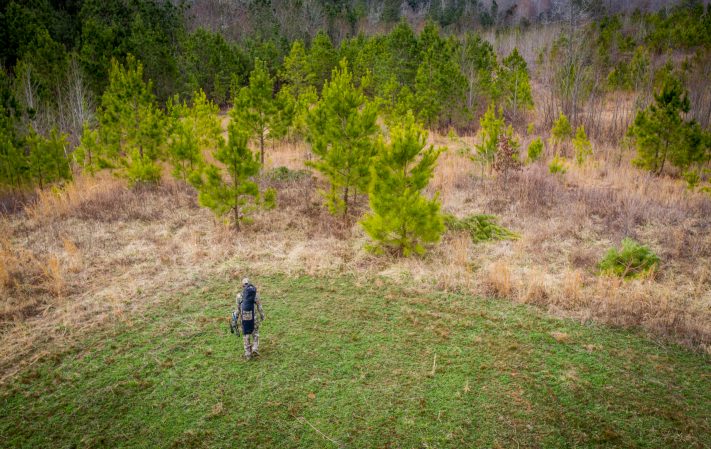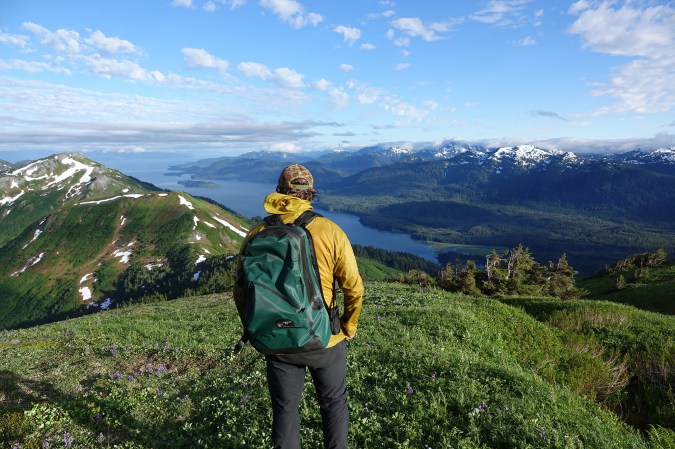Last month Sen. Mike Lee (R-UT) gave a speech comparing federal public land to “royal forests” and the animals that live on that land to “royal game.”
The speech coincides with Lee’s plan to propose three bills (which contributor Ben Long has covered here and here) that would reintroduce the Homestead Act, transfer federal lands to the states, and make it more difficult to designate national monuments.
What’s noteworthy to me is not the legislation (plenty of this legislation is coming from Utah Congressmen and Senators these days) but the rhetoric around it. Here are a few excerpts from Lee’s speech:
“So prized was ‘royal game’ like stags and boars that kings created so-called ‘royal forests’—massive game preserves intended to protect wildlife and scenery for the exclusive entertainment of the nobility.
What do you think happened to those people when their backyards were turned into playgrounds for faraway elites?
In many cases, these select forests had been used productively by ordinary Englishmen and women for centuries – for fuel, food, and fodder; and for ingress and egress. Many subjects even lived within the confines of the forest themselves.
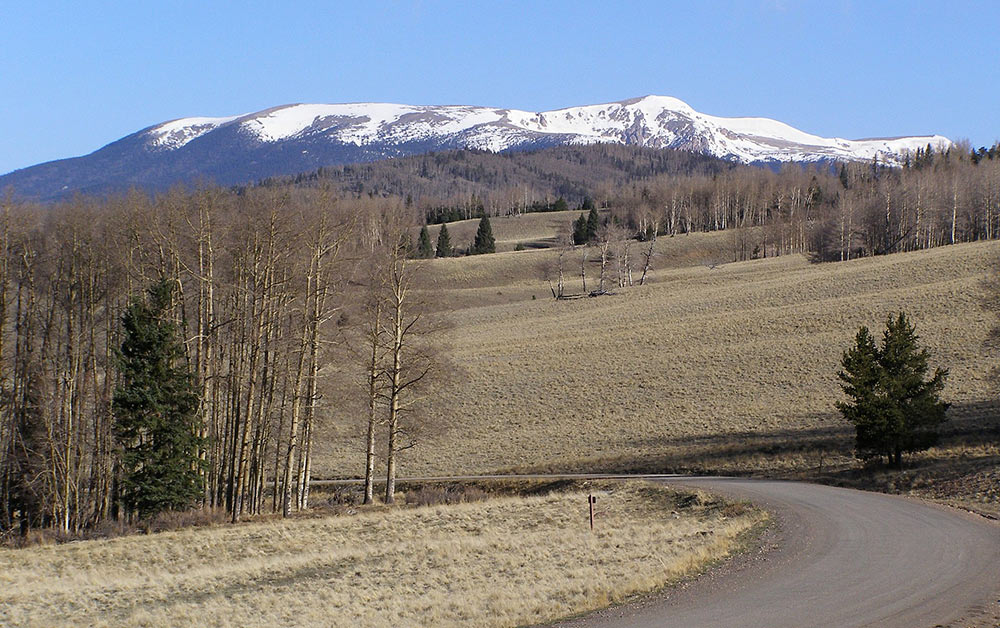
Well, they were kicked off their land. Their houses were razed and their historic rights trampled. Denied access to even the modest resources on which they had long depended, underprivileged Englishmen and women saw their limited economic opportunity cut back even further.”
Then he goes on to say that it should not be this way in the U.S.:
“This is not a fiefdom of kings or royal forests. It is a constitutional republic for all, not the select. Federal domination of the West tests our commitment to that principle. But we can resist it, and gradually give power back to the people.”
This isn’t the only politician who has made the claim that proponents of federal public land have elitist interests. In OL’s profile on Secretary of the Interior Ryan Zinke earlier this year, he said his most vocal critics support national monuments because they often prioritize backcountry recreation and non-motorized access, which he says limits access to “an elitist sort of hunter and fisherman.”
On the flip side of the argument, the Keep It Public crowd argues that public lands benefit the everyday people and it’s land privatization that benefits the wealthy elites.
Here’s Backcountry Hunters & Angler’s CEO Land Tawney responding to Lee’s proposed legislation in a Facebook Live video: “Mr. Lee, listen to the people. The people do not want this. Your oil and gas buddies, your rich people that want to exploit our public lands, yes those are the people that want this. But those are not the people that are going to elect you into office.”
So which is it? Is the everyday American hunter and angler better off if federal lands are transferred to the states and then inevitably privatized? Or are we better off with the system that we have now, which is regulated, costly to maintain, and sometimes flawed, but allows us access to 640 million acres of public land.
For a hint at an answer let’s look at the yearly “Land Report 100” from The Land Report magazine. This list details the top 100 largest private landowners in the United States.
In 2017, this top 100 owned 40.3 million acres. That’s 100 landowners (or landowning families) that hold 40.3 million acres. For reference, the U.S. national park system has about 84 million acres.
The largest landowner in the top 100 is media executive John Malone with 2.2 million acres. That’s about the size of Montana’s Lolo National forest.
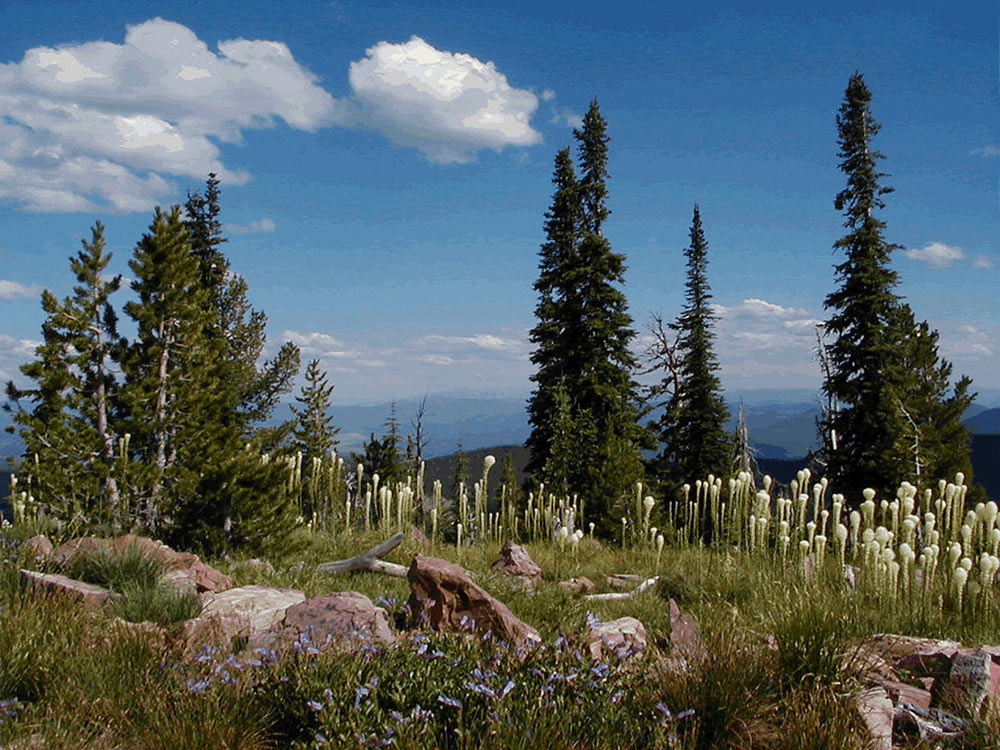
Now, much of the property that’s owned by this top 100 has undergone extraordinary habitat and conservation work. Ted Turner, the second largest landowner on the list with 2 million acres, has extensive hunting, outfitting, and eco-tourism programs on his properties. Through habitat conservation work, Turner has helped conserve and restore a handful of imperiled native species.
As an editor for Outdoor Life I’ve been lucky to hunt some expansive, game-rich private lands in all corners of the country (though I’ve never been on one of Turner’s properties). I’ve toured quail plantations in Georgia that had aggressive, long-term management plans and also benefited from healthy budgets and plenty of manpower to execute those plans. Quail hunting in the southeast might not exist if not for the efforts of those private landowners. I’ve hunted deer in Illinois where the minimum was 140-inches, and if you kill a buck below the minimum, you had to pay the outfitter a fine. The farms we hunted had strong deer herds with healthy buck-to-doe ratios.
I’d bet my deer rifle that most of the top 100 landowners have similar habitat and wildlife conservation programs on their properties.
Also, these huge private landowners create jobs. The number 3 entry on the list, the Emmerson Family, owns Sierra Pacific Industries, which “relies on 5,000 crew members to manage nearly 2 million acres of California and Washington timberland, run more than 20 facilities, and market finished products across North America,” according to the Land Report 100.
But, you do not enter these private lands without permission. You must be a guest, or an employee, or you must pay. Want to rent a room in the Casa Grande at Ted Turner’s Vermejo Park? That will cost you about $1,300 per night.
If you look carefully, these giant tracts of private lands seem similar to the “royal forests” that Senator Lee talks about in his speech. A wealthy person or family controls the land for business and personal recreation. A limited number of the common folk can utilize the land, but only as the landowner sees fit.
Now let’s consider our federal public lands. Anyone can recreate on them (you don’t have to be an editor of a magazine or the friend of a business tycoon). Often times you don’t have to pay an access fee. And when you must pay a fee, it’s equivalent to about what you would tip the bellhop at a Turner lodge.
Of course, there are restrictions on our public lands.
Wilderness Areas have some of the most stringent rules (travel is restricted to foot or horseback or canoe). And some, including Zinke, argue that this limits Wilderness to be used only by elites. This may be true in some ways. But it’s not elitism through wealth. Wilderness is accessible only to those who are willing to work to get there. No, you don’t have to be rich, but you must be willing to sweat (and maybe bleed a little) and trek out into the wild without lodges or restaurants or tourist shops to sustain you. If you are going to enjoy (and survive) the experience, it will be through your own skill and knowledge and grit. Maybe in this day and age that means you would be an elite.
To me, it sounds like you would be an American public-land hunter.
Sage Marshall contributed reporting to this post.

